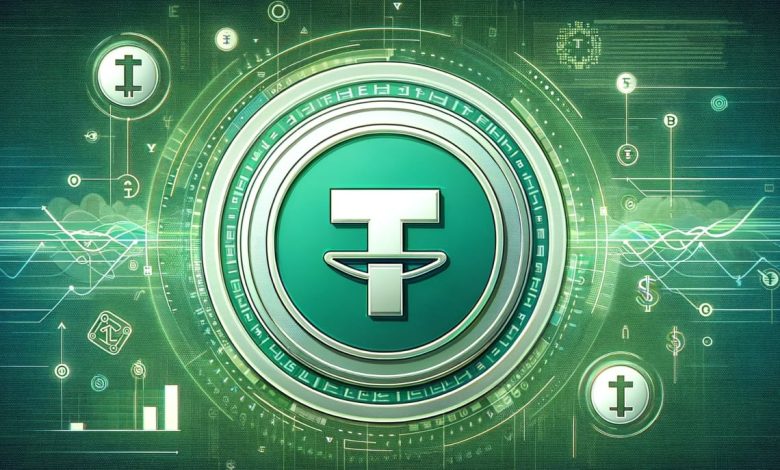Tether’s Response to US Sanctions: Freezing Wallets

Stablecoin issuer Tether says it will freeze users’ wallets if they continue to use USDT to circumvent sanctions on Venezuelan oil exports. Reuters said that following the reimposition of sanctions on oil exports by the United States, the state-run oil giant PDVSA of Venezuela boosted its use of tether, which led to the decision.
In December, the company blocked 41 wallets associated with the Specially Designated Nationals (SDN) list maintained by the U.S. Treasury Department’s Office of Foreign Assets Control (OFAC).
Since the United States decided to implement sanctions again because of worries about Venezuela’s forthcoming election, PDVSA’s usage of USDT—which started last year—has picked up speed.
In 2018, Venezuela launched a cryptocurrency experiment using a token named “petro” to combat economic instability caused by U.S. sanctions. A lack of interest in the token led to its shelving earlier this year.
Cryptocurrencies enable PDVSA and its counterparties to circumvent the US government’s ability to seize international bank accounts holding fiat currency. Reuters states that in order to make tether transactions less traceable, PDVSA employs intermediaries.
After slapping penalties on a crypto mixer that was reportedly used by North Korean hackers in December, OFAC fined crypto exchange CoinList $1.2 million for enabling Russian users to escape sanctions, further demonstrating its familiarity with the cryptocurrency industry.
Tether blocked 32 cryptocurrency addresses associated with terrorism and conflict in Ukraine and Israel in October of last year. On the other hand, Tether stood firm a year ago against the practice of freezing wallets associated with Tornado Cash, a sanctioned coin-mixing provider.